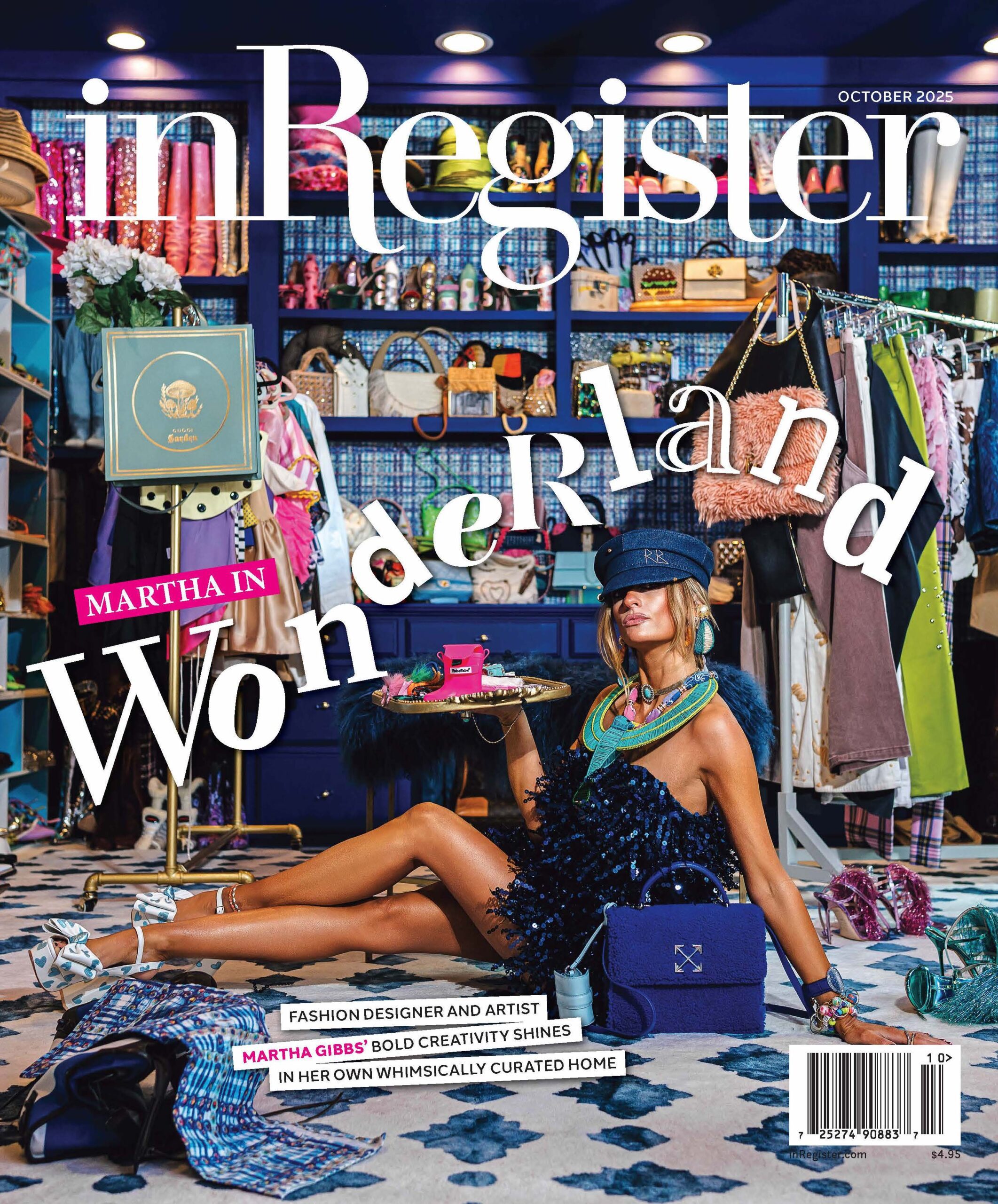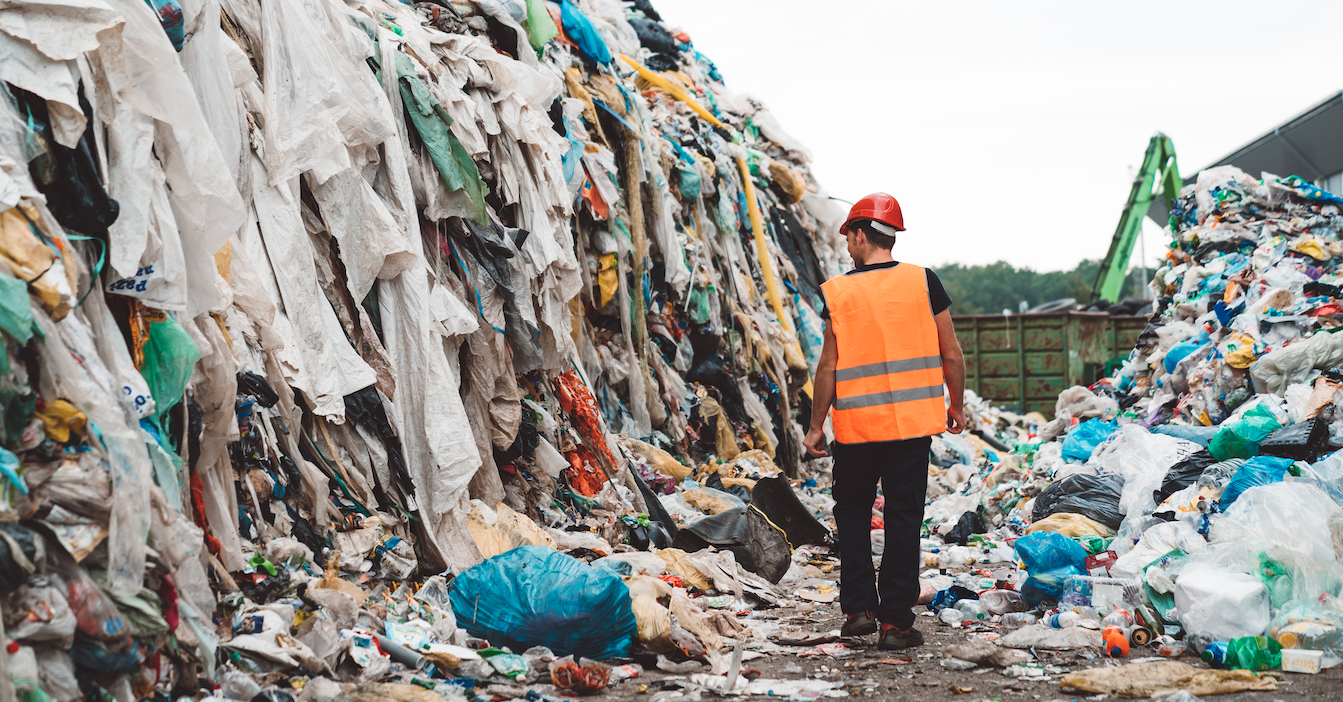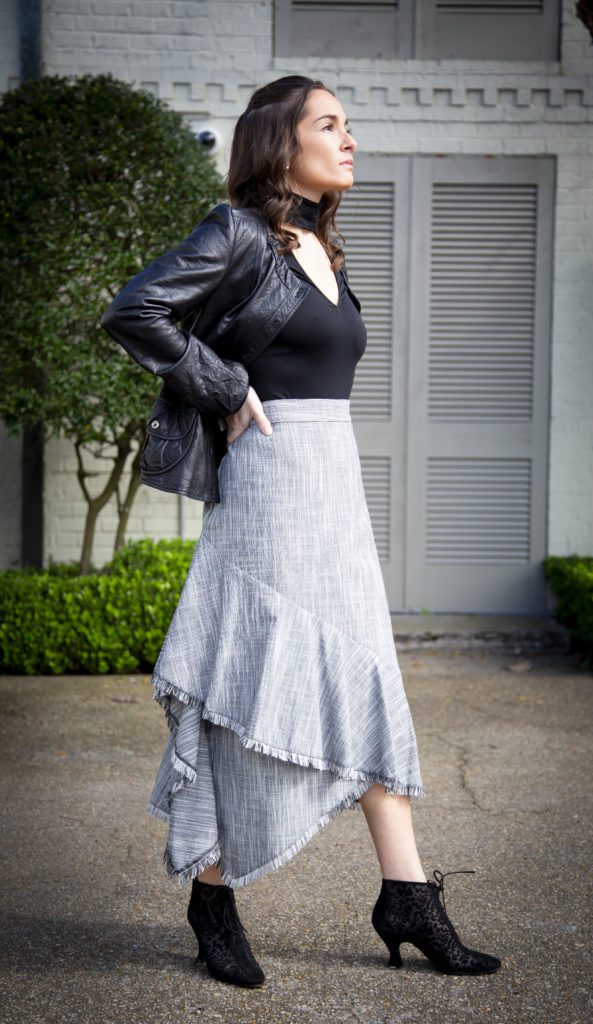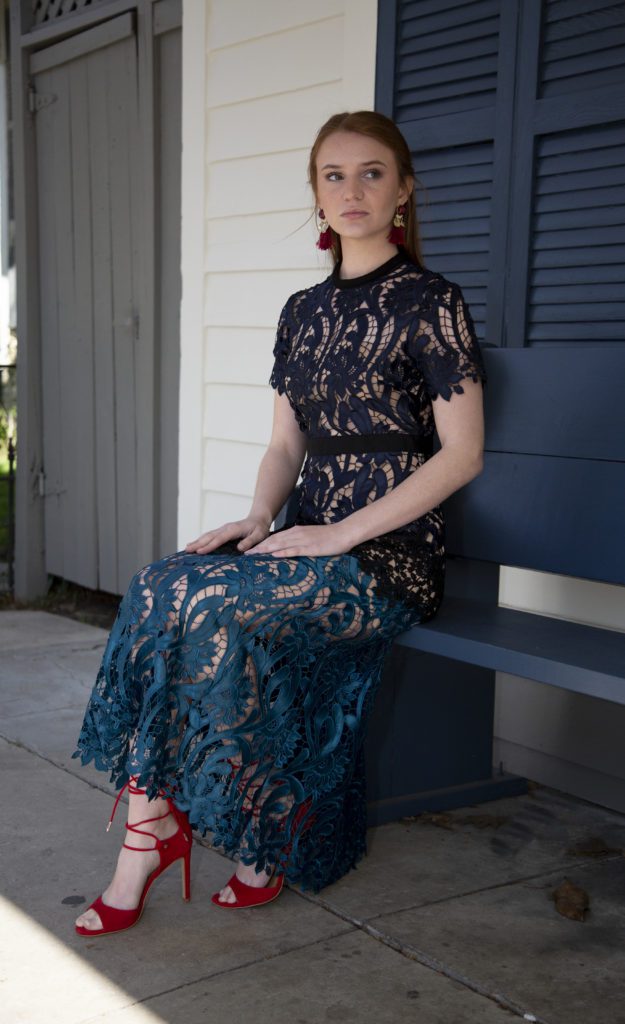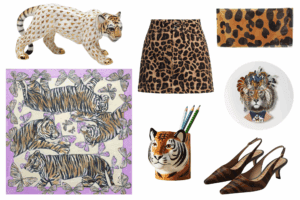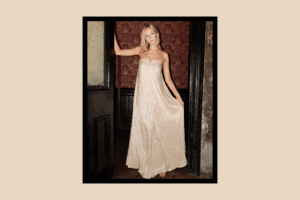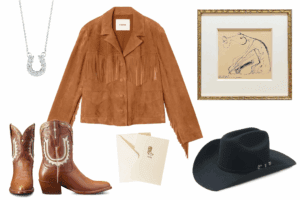Sustainable fashion is taking center stage
The year 2020 is all about outfit repeaters. And you don’t have to take our word for it. The queen of fashion herself, Anna Wintour, named sustainable fashion as one of her biggest expectations for designers in the coming seasons. In addition, award season saw stars like Kate Middleton and Elizabeth Banks showing up to red carpets in recycled–but no less fabulous–looks.
But why the emphasis all of the sudden? According to the EPA, textile waste has increased exponentially over the years. For reference, it is estimated that there was around 1.7 million tons of textiles landfilled in 1960, compared to an estimated 11.2 million tons in 2017. Red flags everywhere. In addition, consumers are no longer content to sit back and let problems continue in the name of low prices. The new decade is about taking action and finding solutions.
“Recycling does not just apply to paper and aluminum cans,” explains Michelle Reinhardt, owner of local designer consignment store Swap Boutique. “We all need to become more conscientious about the volume of clothes and accessories that we are buying.”
However, lessening textile waste isn’t nearly as painful as sucking a smoothie through a quickly disintegrating paper straw, as has become necessary following a series of unsettling turtle photos that circulated last year. According to Reinhardt, consignment shopping actually opens more doors than it shuts. Granting greater accessibility to higher-end brands while also offering consumers the ability to recoup money spent by selling pieces from their own closets, the arrangement is a win-win.
“Consigning your items promotes sustainability, reduces clutter in your home and gives you money to spend on new trends,” explains Reinhardt, noting that Swap offers brands including Prada, Tibi, Theory and Christian Louboutin. “There is an intrinsic value and monetary value in passing on the items we no longer need. Buyers appreciate the intrinsic value of resale apparel, and consignors are making big returns on their designer wardrobes.”
We’re sure Marie Kondo would be beaming as we hand over much-loved items from our own wardrobes, thanking them not only for clothing us in the past, but for providing us the means to pursue something new. But being able to do so starts with the initial purchase. Fast fashion destinations like Forever 21 and H&M don’t offer the same quality that enables a garment to hold its value, both in construction and in style. And for Reinhardt, remembering this is the key to pulling together a wardrobe you’re proud to rewear and resell.
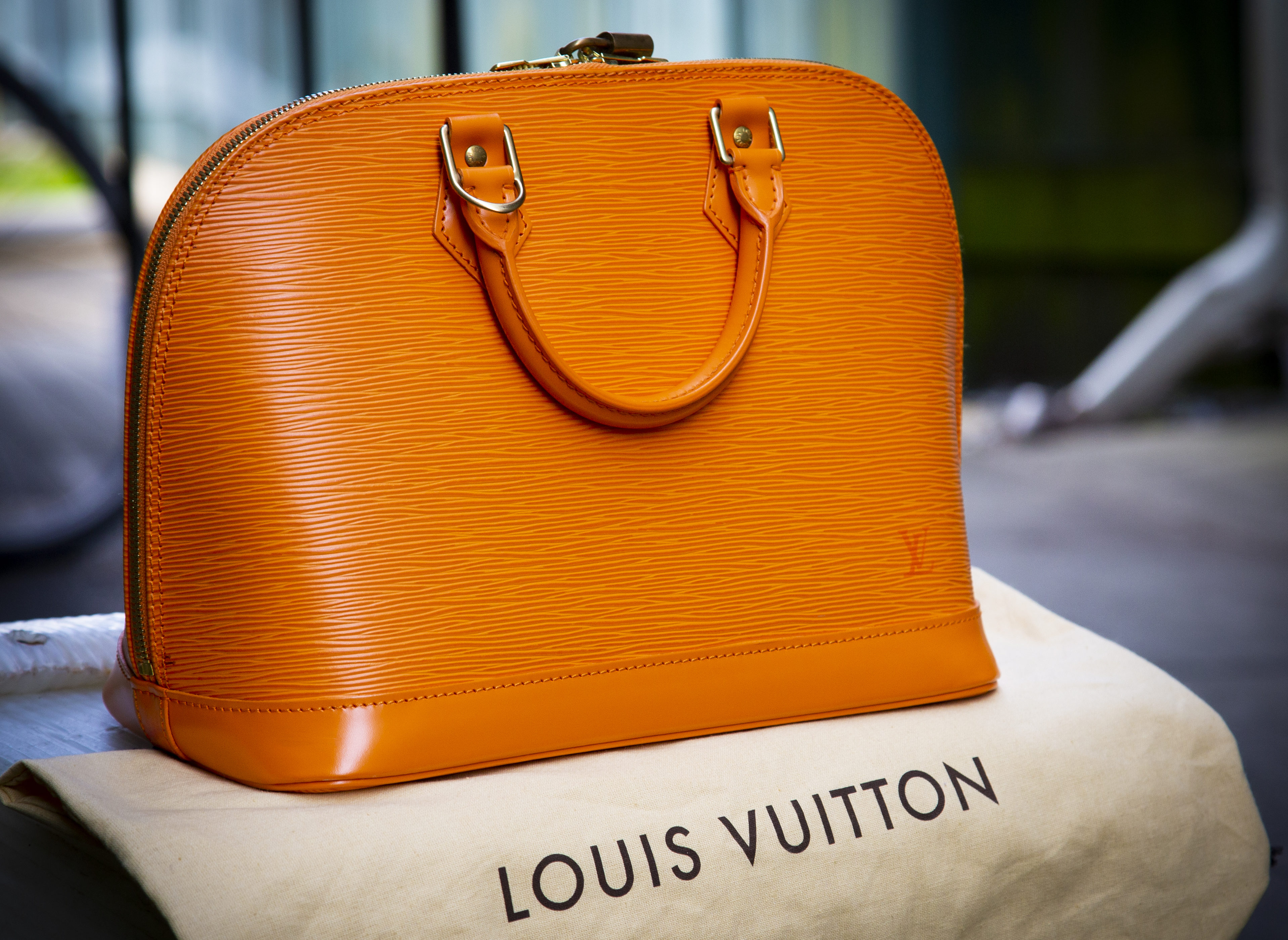
“Be patient and collect high-quality, well-fitting pieces over time,” she says. “Your closet will be filled with items you adore. It also helps to build your wardrobe proactively so that you have outfits ready for every occasion. If we shop in a rush, we are more likely to buy an item that we will not wear again.”
This method not only increases monetary value, but also has the potential to increase self esteem. Clothes, whether we like it or not, have a huge impact on the way we feel about ourselves. Reinhardt’s suggestions eliminate those items that you dread wearing, whether because they are flimsy, ill-fitting or just don’t make you feel your absolute best. Apparel is an art, so why collect pieces that don’t bring you joy? At its heart, sustainability is all about finding yourself and cultivating joy, rather than settling for less than.
If you’re feeling inspired to go through your wardrobe, here are Reinhardt’s tips for getting the most out of consigning:
- Once you are ready to consign, the barely worn, still-in-style and freshly laundered pieces are perfect for your sell pile.
- Separate items by season for buyers who are looking to purchase items that are ready to wear.
- Call Swap for an appointment, and the store’s team can go through the consignment terms and walk you through the process.
- Once your items are consigned, sit back and wait for your check! You have the option of picking up any items do not sell or donating them to a local charity.
What are your thoughts on repeating outfits and the textile waste issue? Let us know down below.

